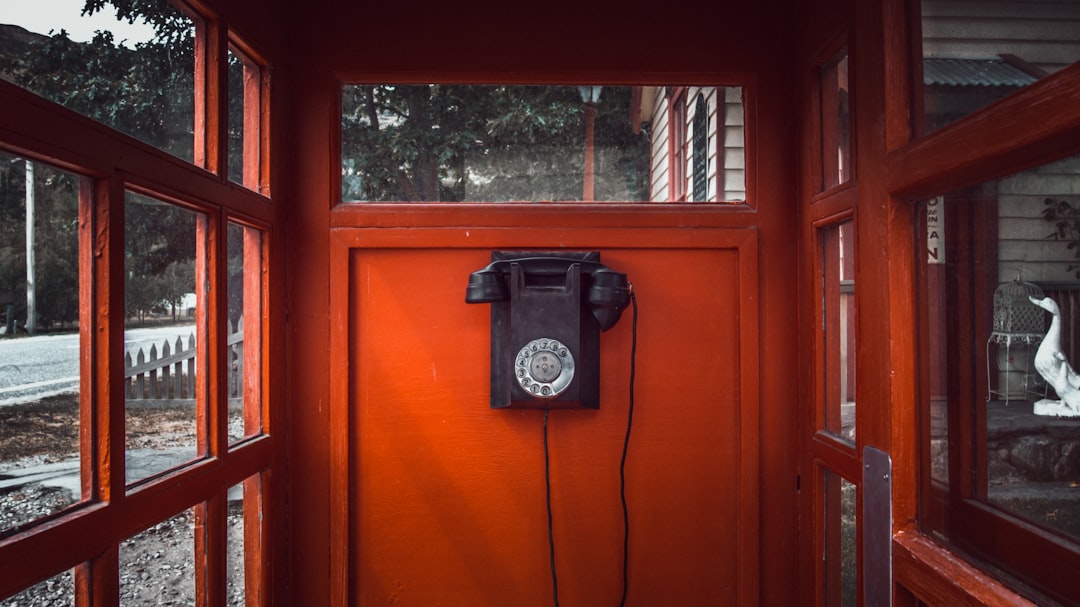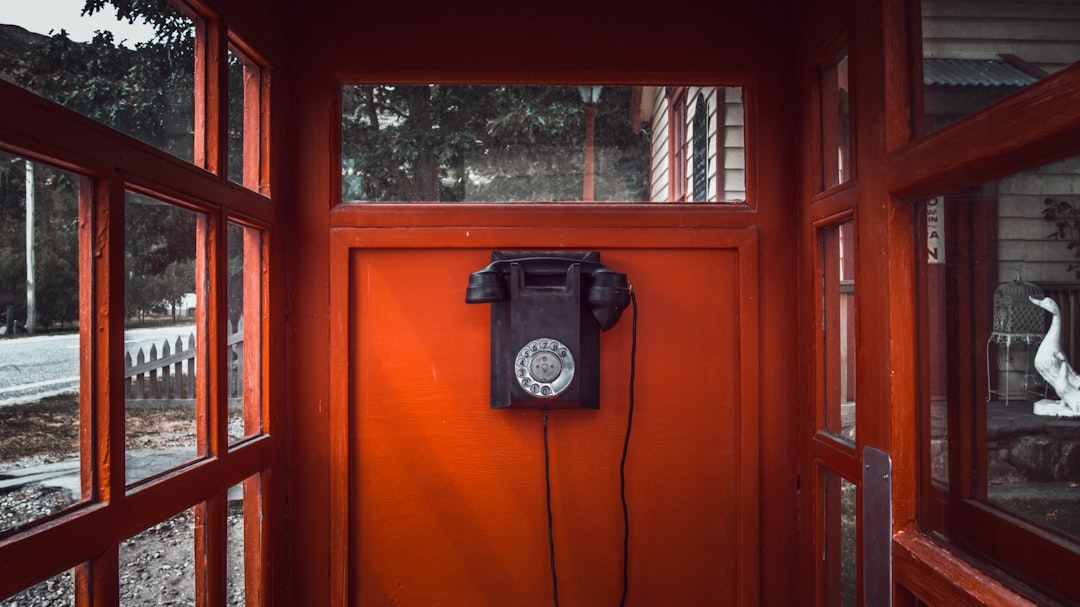In Virginia's legal landscape under the Telephone Consumer Protection Act (TCPA), standing is crucial for autodialer law firms, determining who can sue over unwanted automated calls. Virginia courts have clarified that "autodialer" includes software with automatic dialing capabilities, expanding accountability for businesses using such technologies. The evolving TCPA environment, with stricter definitions of "automatic telephone dialing system" (ATDS) and standing requirements, significantly impacts both consumers and autodialer law firms, influencing national trends in class-action lawsuits. Law firms specializing in these cases must stay agile to adapt to judicial interpretations and navigate complex consumer protection regulations while advocating for their clients' rights.
“In the realm of consumer protection, the Telephone Consumer Protection Act (TCPA) has emerged as a powerful tool against unwanted automated calls. This article explores how Virginia courts have navigated the intricate issue of standing in TCPA cases, particularly focusing on interpretations of ‘autodialer’ definitions. Through a detailed analysis, we uncover the implications for law firms and businesses operating within Virginia’s legal landscape, offering insights into the future direction of autodialer law and consumer rights.”
Understanding Standing in TCPA Cases: A Foundation for Legal Disputes

In the context of the Telephone Consumer Protection Act (TCPA), understanding standing is paramount for legal disputes involving autodialer law firms in Virginia and across the nation. Standing refers to a party’s legal right to file a lawsuit, ensuring they have suffered a tangible harm that can be redressed by the court. In TCPA cases, this often centers around whether an individual or entity has directly been aggrieved by alleged violations, such as unwanted automated calls or text messages. The courts in Virginia have played a crucial role in clarifying standing requirements, ensuring that only those with legitimate grievances can pursue legal action.
This clarification is essential for autodialer law firms and their clients. By establishing a robust understanding of standing, Virginia courts help filter out frivolous claims and focus on genuine cases where consumers have been harmed by excessive or unauthorized robocalls. This process not only conserves judicial resources but also ensures that the TCPA remains effective in protecting consumers from intrusive and nuisance communications.
Virginia Courts' Interpretation of Automate Dialer Definitions

Virginia courts have played a significant role in interpreting and applying the definition of an “automate dialer” under the Telephone Consumer Protection Act (TCPA). This interpretation is crucial for law firms specializing in TCPA cases, as it directly impacts client eligibility and potential liability. In recent years, Virginia’s judicial decisions have clarified that an autodialer is not limited to traditional automated systems but also encompasses software or equipment with the capacity to dial numbers automatically, even if human intervention is involved. This expanded definition has broader implications, ensuring that businesses utilizing advanced dialing technologies are held accountable for TCPA violations.
The clarity provided by Virginia courts on autodialer law helps legal professionals navigate complex cases and advise clients accordingly. Understanding these interpretations is essential for law firms serving clients across the state, especially when representing businesses in the telecommunications sector. By staying informed about such rulings, legal teams can effectively strategize, draft comprehensive arguments, and advocate for their clients’ rights in TCPA-related matters.
Implications and Future Directions: Shaping TCPA Law in Virginia

The evolving landscape of Telemarketing and Consumer Protection Act (TCPA) law in Virginia has significant implications for both consumers and law firms specializing in autodialer-related cases. As courts continue to interpret and apply this legislation, they are effectively shaping the future of TCPA litigation in the state. One notable trend is the increased scrutiny of automated dialing systems, with a focus on whether these technologies infringe upon individual privacy rights. This has led to stricter definitions of “automatic telephone dialing system” (ATDS), thereby limiting the reach of certain autodialer-based claims.
Looking ahead, Virginia’s approach to TCPA cases could further influence national trends, especially regarding standing and its requirements in class-action lawsuits. The state’s courts have been diligent in ensuring that plaintiffs can demonstrate a sufficient personal stake in the litigation, which aligns with broader principles of Article III standing. As the autodialer law evolves, law firms in Virginia must remain agile, staying abreast of judicial interpretations to effectively advocate for their clients’ rights while navigating the complex web of consumer protection regulations.






